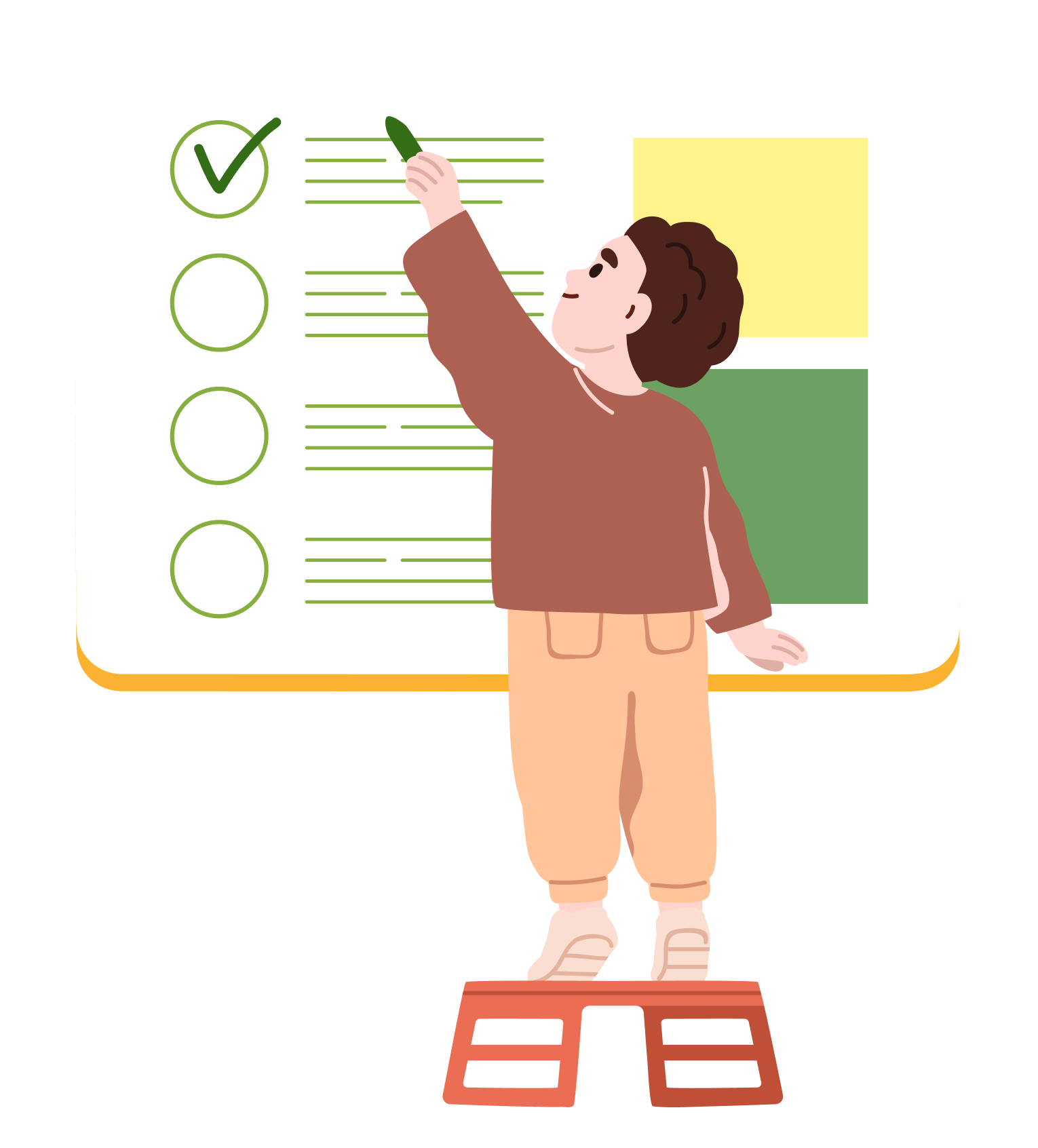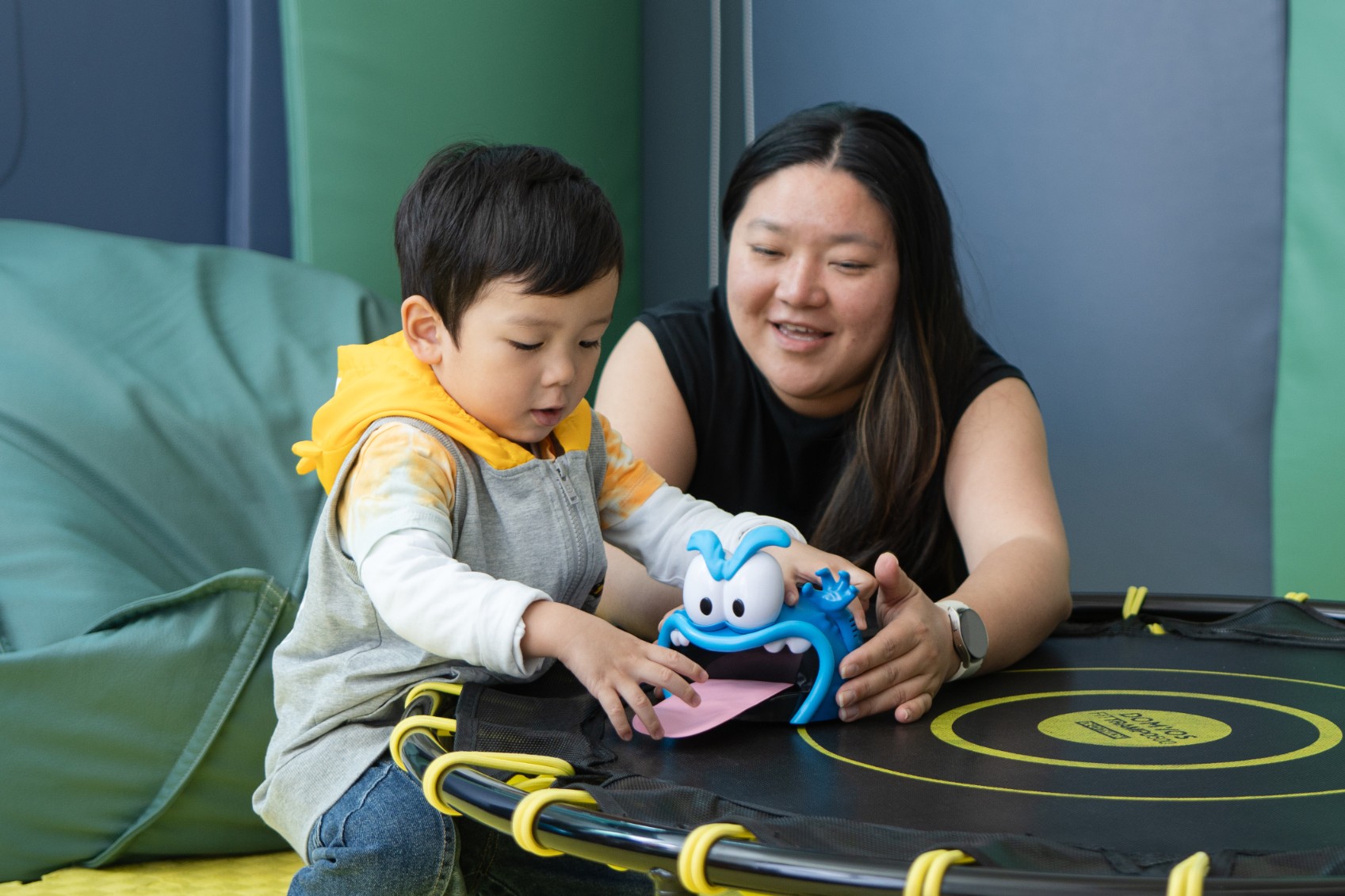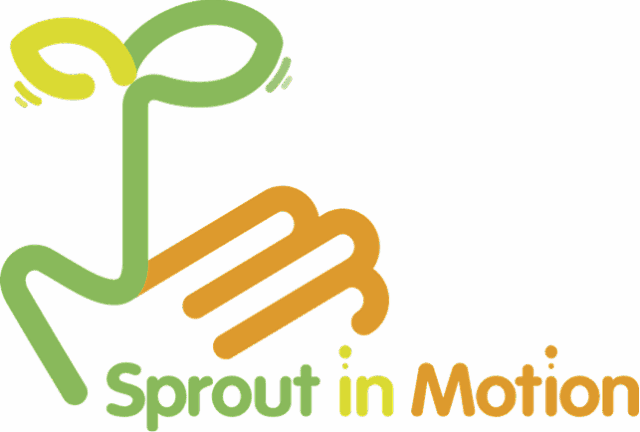Parent-Child Interaction Therapy (PCIT)
Parent-Child Interaction Therapy (PCIT) is a specialized, evidence-based approach that strengthens the parent-child relationship while teaching parents effective strategies to manage challenging behaviors. PCIT is designed to enhance communication, reduce defiance, and improve emotional regulation, fostering a more positive, structured, and loving home environment.

Areas of focus
-

Strengthening the Parent-Child Bond
Teaching parents how to build a secure and trusting relationship through positive, child-led interactions.
-

Behavior Management & Positive Discipline
Providing parents with real-time coaching on managing tantrums, defiance, and non-compliance using proven behavioral techniques.
-

Effective Communication Skills
Helping parents develop clear and positive communication strategies to support emotional regulation and social growth.
-

Emotional Regulation & Self-Control
Guiding parents on how to help children manage frustration, anxiety, and impulsivity through play-based and structured interactions.
-

Specialized Support for Children with ADHD, Autism & Behavioral Challenges
Tailoring interventions for children with neurodevelopmental differences to support social, emotional, and behavioral success.
-

Creating a Structured, Nurturing Home Environment
Supporting families in establishing routines, setting clear expectations, and maintaining consistency in discipline and rewards.

PCIT Coaching Strategies
Child-Directed Interaction (CDI)
Teaches parents to follow their child’s lead in play, enhancing the parent-child connection and trust.
Parent-Directed Interaction (PDI)
Equips parents with clear, consistent discipline techniques to reduce defiance and increase cooperation.
Real-Time Coaching
Parents receive live coaching and feedback from a trained therapist, allowing immediate adjustments in parenting strategies.
Praising & Reinforcing Positive Behaviors
Encouraging desired behaviors through warmth, praise, and positive reinforcement.
Setting Limits & Managing Challenging Behaviors
Teaching effective discipline techniques, including clear commands, consistency, and appropriate consequences.
Teaching Self-Regulation Through Play
Helping parents use structured play to model and teach emotional control.

Coaching Approach
Session format
- Individualized Parent-Child Sessions with live coaching and interactive feedback
- Small Group Parent Training for shared learning and peer support
- At-Home Practice Assignments to reinforce PCIT strategies in daily routines
Our Specialists
-

Dr. Minna Chau
Founder & Clinical Child Psychologist
Therapy scenarios
Service Fee
Parent Coaching
| Therapists | 60 mins | 90 mins | 120 mins |
|---|---|---|---|
| Counsellor, Arts Therapist | HK$1,800 | ||
| Senior Counsellor | HK$2,000 | ||
| Educational Psychologist or Clinical Psychologist | HK$2,200 | ||
| Senior Doctoral-level Accredited Clinical Psychologist | HK$2,800 | ||
| Senior Doctoral-level Accredited Clinical Psychologist – Dr. Minna Chau | HK$3,000 | ||
| BCBA Therapist | HK$1,500 | HK$2,250 | HK$3,000 |
Frequently Asked Questions
Is PCIT only for children with behavioral problems?
No! PCIT is beneficial for any parent looking to improve their connection with their child and develop effective parenting strategies. It is especially helpful for children with ADHD, Autism, anxiety, and emotional regulation challenges.
How is PCIT different from traditional parent coaching?
Unlike traditional parent coaching, PCIT provides real-time, interactive feedback, helping parents practice new strategies in the moment with their child while being guided by a therapist.
Do I need to bring my child to every session?
PCIT has two phases:
- Child-Directed Interaction (CDI) – Parents build a stronger emotional connection with their child through positive play.
- Parent-Directed Interaction (PDI) – Parents learn structured discipline techniques to manage behaviors effectively.
Some sessions are for parents only, while others involve the child for live coaching and skill-building.




